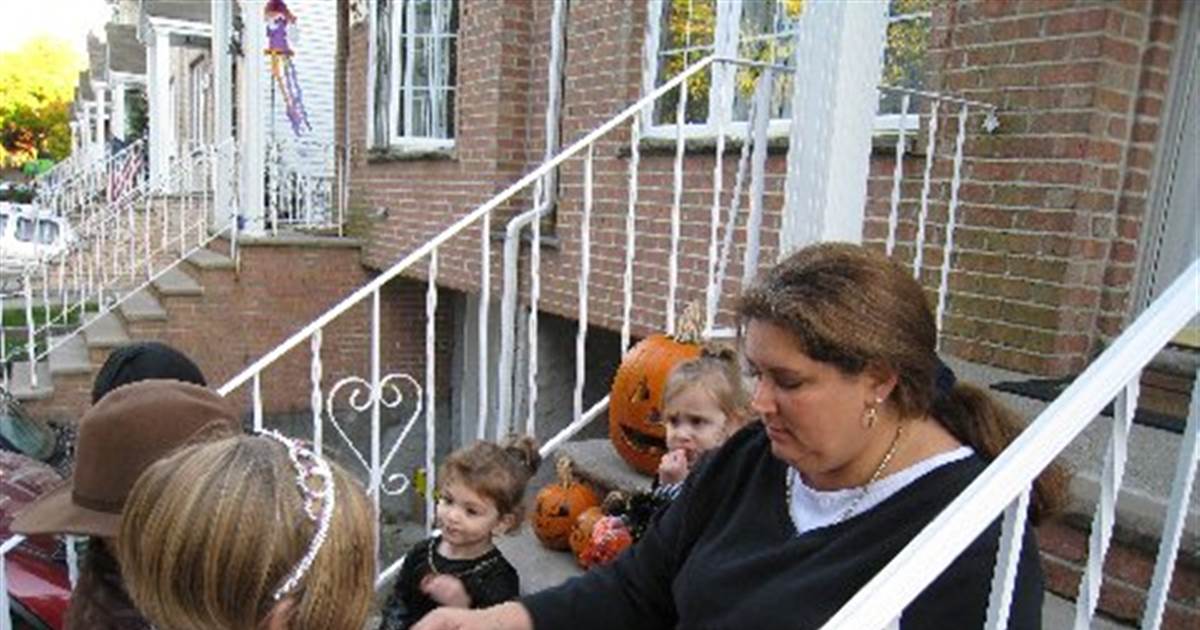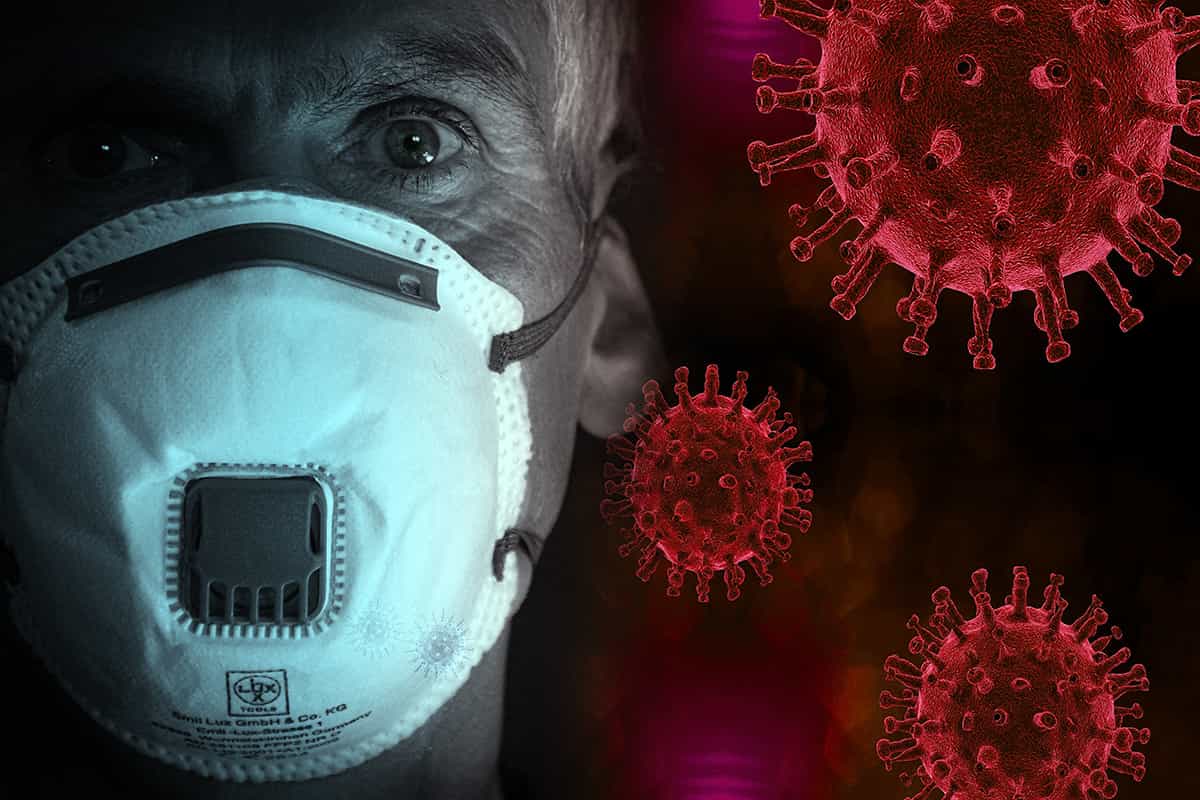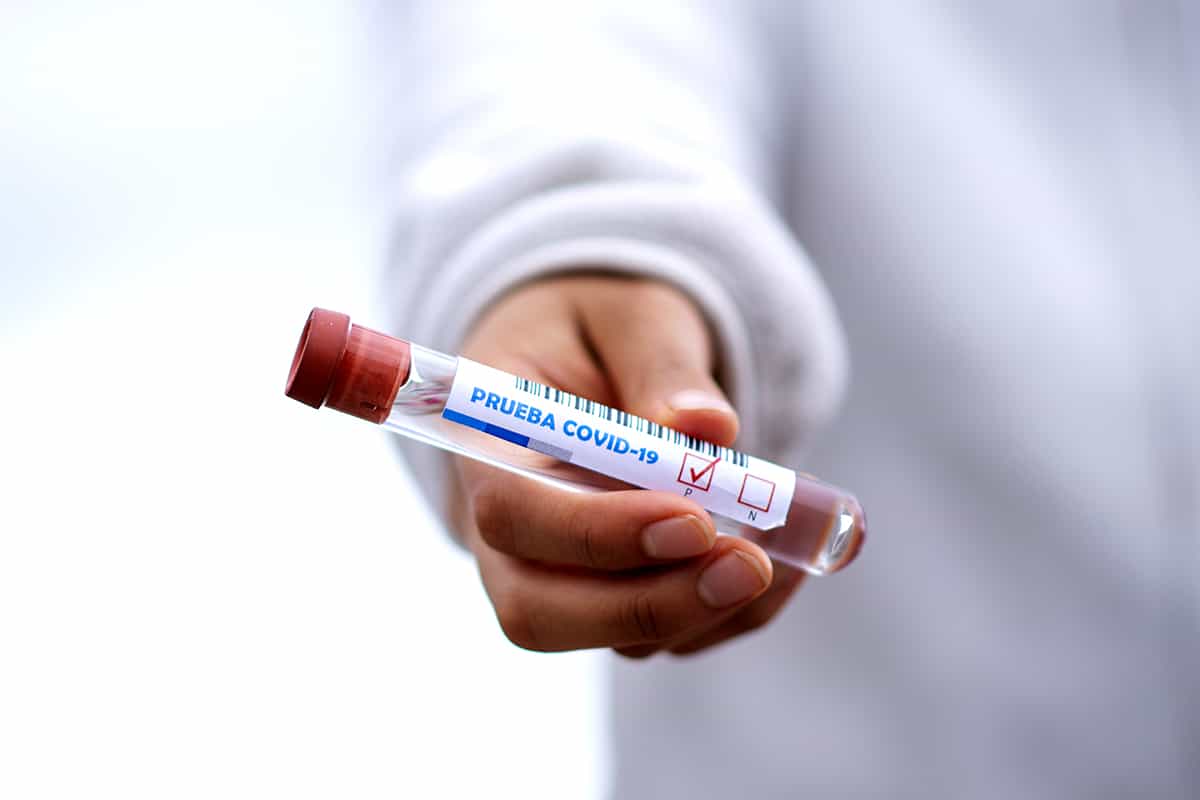NEW YORK — For Jeff Nearby, talk of a possible vaccine for COVID-19 feels bittersweet.
More than a thousand miles from his home in Staten Island, where he lives with his two daughters, experiments are underway that could bear fruit.
He hopes a vaccine will be developed. But for Nearby and his twin daughters — Samantha and Rebecca, 14 years old — the research can no longer succeed soon enough.
His wife, Sharon Nearby — the girls’ mother — died two months ago, a victim of COVID-19, despite extensive efforts to save her. But other people can yet be saved.
A successfully developed vaccine, however, depends not only on scientists and researchers, but on volunteers.
People like Mike, 48, a father of two, who asked NBC not to publish his last name lest he run afoul of people who oppose vaccines.
Mike is a maintenance engineer on a vast campus in Kansas City, where the Center for Pharmaceutical Research is located.
A day after he caught wind that a COVID-19 trial was taking place on the campus, he signed up.
He is one of 40 healthy volunteers in the trial of Inovio Pharmaceuticals, a small biotech company in Pennsylvania that is one of four American companies with a vaccine “candidate” currently in clinical evaluation, according to the World Health Organization.
“Candidate” vaccines are those in early, experimental clinical development programs, which are being accelerated for their potential for success but need their safety, effectiveness and immunogenicity (or tendency to trigger an immune response) tested.
Let our news meet your inbox. The news and stories that matters, delivered weekday mornings.
At first, Mike said, his wife was apprehensive.
“I just said I’m going to do it,” he laughed. “I went through the whole list of side effects and I kind of stopped reading. I didn’t want to scare myself.”
There is no telling when — or even if — the research will yield an effective vaccine.
“There are no guarantees that a safe and effective vaccine can be developed for the world,” said Charlie Weller, head of vaccines at the Wellcome Trust, a research charity based in London.
“But to give us the best chance of success, we need to work in a completely new way,” she said. “Governments, businesses and philanthropy across the world must come together to pool resources and share expertise and innovation. We are racing against the virus, not each other.”
There are now more than 130 experimental COVID-19 vaccines in research and development worldwide. Of these, there are five vaccine candidates reportedly supported by the White House as likely to produce a viable vaccine.
On Assignment with Richard Engel: The COVID Frontline airs on Sunday at 10 p.m. ET/9 p.m. CT on MSNBC.
Such cooperation and research, Jeff Nearby hopes, will spare other families the pain that he and his daughters have suffered.
His was one of the thousands of American households who experienced the devastation of COVID-19 in its early stages. No effective trial drugs, no vaccine.
When Sharon Nearby, a sixth grade middle school teacher, got sick, New York was reaching its apex of the outbreak. Mayor Bill de Blasio called the city “the epicenter” of the crisis in the country on March 22.
The state had roughly 5 percent of coronavirus cases worldwide, and there were urgent calls for state hospitals to double their capacity.
And there was little in the way of help available. “I called everybody and anybody I could think of to try to get her whatever there was,” Nearby said.
In the week after Sharon Nearby first fell ill, her breathing progressively deteriorated. Her husband drove her to the closest emergency room, at Staten Island University Hospital. He walked her to the door, checked her in and kissed her goodbye.
She grew weaker — too weak, even, to hold her telephone.
In her last call home, Jeff heard his wife tell the girls that she loved them. “That was the last we heard,” he said.
By March 31, she was on a ventilator, unconscious. Five days later, on April 4, she died.
Jeff went to collect her things, and saw the nurses who’d taken care of her. “They were devastated, also, crying and upset,” he said, his voice breaking.
When the day came to lay their mother to rest, Samantha and Rebecca watched from inside a car.
“They wouldn’t even allow a rabbi in the cemetery,” Nearby said. “They told me they had 30 burials that day.”
Now, it seems as if time is standing still. Sharon Nearby’s students have hung letters outside the iron gates at Myra S. Barnes Intermediate School, where she taught English.
Above the railings, there are paper butterflies stuck on the classroom window. ‘Dear Mrs. Nearby,” the letters read, “ I wish you were still here with us.’








